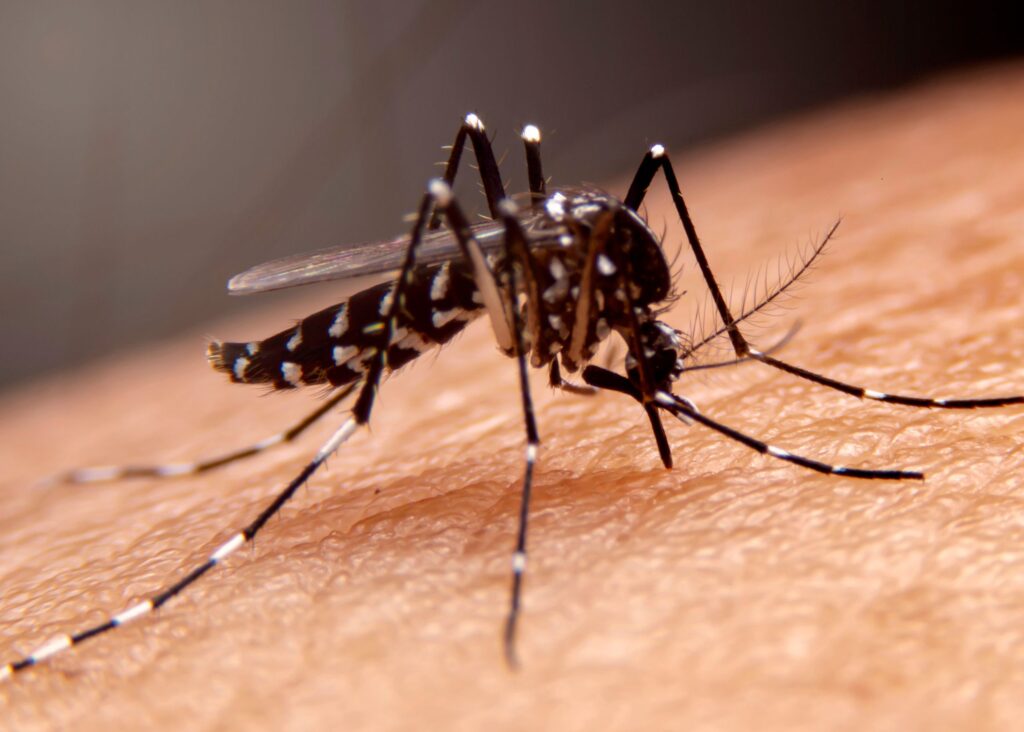By : Lloyd Mahachi
Egypt has been declared malaria-free by the World Health Organization (WHO), marking a historic milestone after nearly 100 years of efforts to eradicate the disease. This achievement is a testament to the country’s dedication to combating malaria, which has plagued Egypt since ancient times.
WHO chief Tedros Adhanom Ghebreyesus praised Egypt’s accomplishment, stating that “Malaria is as old as Egyptian civilization itself, but the disease that plagued pharaohs now belongs to its history.” Egypt’s journey to becoming malaria-free began in the 1920s with efforts to limit human-mosquito contact, including banning rice cultivation and agricultural crops near homes.
The country’s success is attributed to its strong primary healthcare system, robust data systems, and community engagement. A strong primary healthcare system ensured access to malaria prevention, diagnosis, and treatment services for all citizens. Robust data systems enabled effective monitoring and tracking of malaria cases, while dedicated networks of volunteer health workers detected and treated malaria in remote areas.
To maintain its malaria-free status, Egypt must demonstrate its capacity to prevent the re-establishment of transmission. The WHO has urged Egypt to remain vigilant, as this certification marks the beginning of a new phase in the country’s fight against malaria.
Globally, 44 countries and one territory have achieved malaria-free status, with Egypt being the third country in the WHO’s Eastern Mediterranean Region to reach this milestone, following the United Arab Emirates and Morocco. This achievement serves as a model for other countries struggling with malaria, demonstrating that with persistence and effective strategies, eradication is possible.
Editor : Josephine Mahachi

